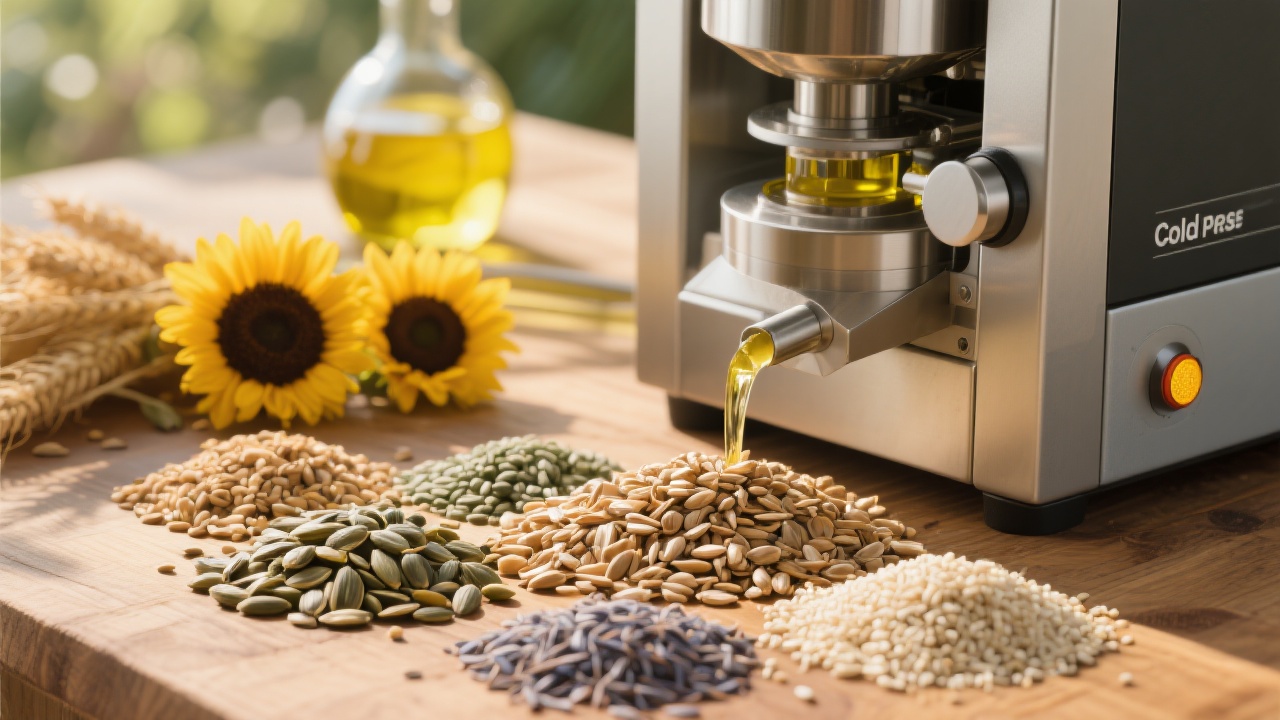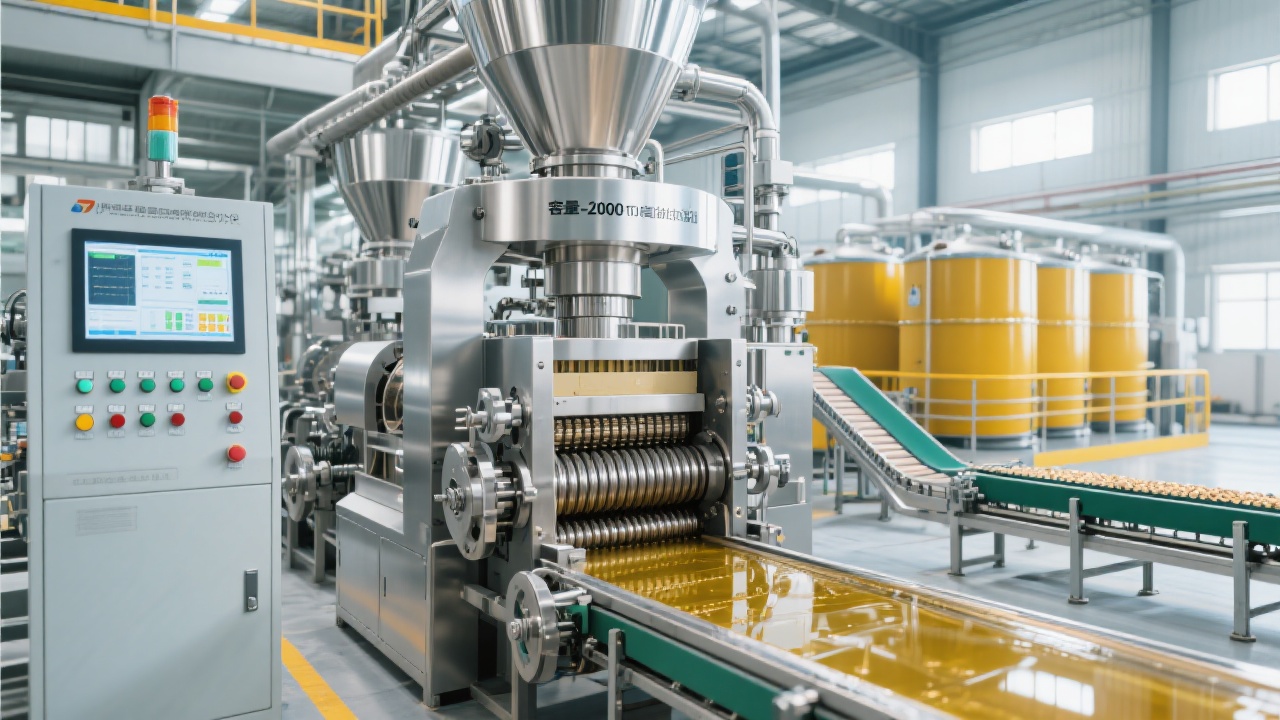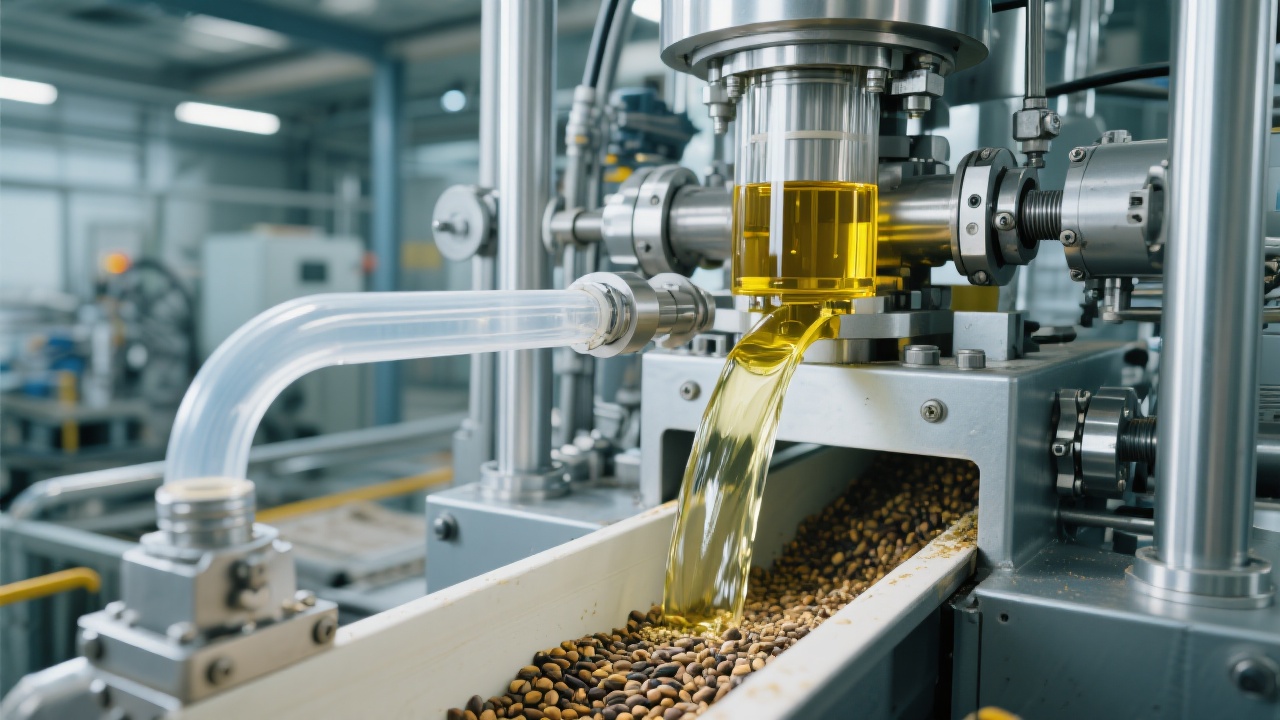
In the competitive landscape of oilseed processing, maximizing oil extraction efficiency while minimizing energy consumption remains a top priority. Overseas oilseed processing factories have successfully integrated low-energy-consumption peanut oil pressing machines to achieve remarkable gains in oil yield — reaching levels as high as 98% to 100% extraction efficiency. This article delves into the advanced technological features and practical advantages of such equipment, emphasizing its role in driving productivity, sustainability, and operational safety in peanut oil production.
The critical edge of modern low-energy peanut oil presses lies in their integrated intelligent control systems. Utilizing real-time sensor feedback and optimized motor management, these machines dynamically adjust pressure and temperature profiles to suit raw material conditions. This not only ensures consistently high oil recovery rates but significantly reduces electricity consumption compared to conventional hydraulic or screw-type presses. Through advanced mechanical design combined with electronic automation, energy use can be cut by up to 30% without compromising output.
| Parameter | Conventional Press | Low-Energy Peanut Oil Press |
|---|---|---|
| Oil Yield (%) | 85% - 90% | 98% - 100% |
| Energy Consumption (kWh/ton) | 350 - 400 | 230 - 280 |
| Operating Noise (dB) | >80 | ≤65 |
| Maintenance Interval (months) | 3 - 4 | 6 - 8 |
The table above highlights core performance metrics, demonstrating why these presses are becoming the industry benchmark—combining superior extraction rates with reduced resource input and longer service life.
Whether incorporated into legacy batch-processing systems or state-of-the-art continuous production lines, these low-energy presses adapt seamlessly. Their modular design and flexible control interfaces enable rapid commissioning with minimal downtime. Many overseas factories report smooth integration without the need for drastic process restructuring, leveraging both traditional crushing and modern thermal conditioning techniques to ensure optimal pressing efficiency.

The adherence to ISO9001:2000 certification underscores the equipment’s compliance with international quality and safety management protocols. This certification assures operators a rigorously tested machine design supporting standardized manufacturing processes and quality assurance. Factories benefit from enhanced traceability, reduced operational risks, and strengthened confidence from end customers who demand food safety and environmental stewardship.
A prominent peanut oil processor in Southeast Asia integrated the low-energy peanut oil pressing machine into their workflow earlier this year. Within the first quarter, the factory reported:
Customer feedback emphasizes the robust technical support and training provided, resulting in seamless adoption and sustained production stability. This exemplifies how cutting-edge equipment paired with professional services can elevate factory competitiveness on a global scale.

Current industry trends emphasize sustainability and operational intelligence. Processors increasingly prioritize eco-friendly technologies that lower carbon footprints and improve overall equipment effectiveness (OEE). Innovations in material handling, process automation, and data analytics are accelerating adoption of energy-efficient presses. Additionally, stricter food safety regulations drive demand for machines meeting internationally recognized standards like ISO9001, further underpinning their market appeal.

How does your facility approach oil yield optimization and energy efficiency? Are you considering upgrading to smarter pressing equipment? Share your experiences or questions below to foster a meaningful exchange of industry knowledge. Our team is also ready to provide tailored consultations to help you select the ideal solution for your production needs.

